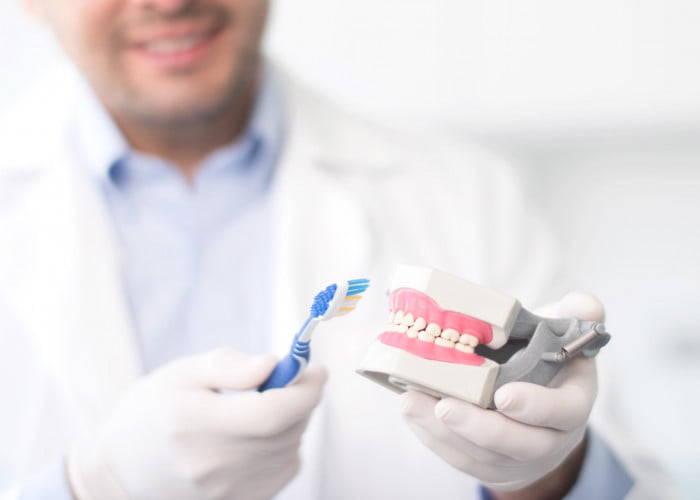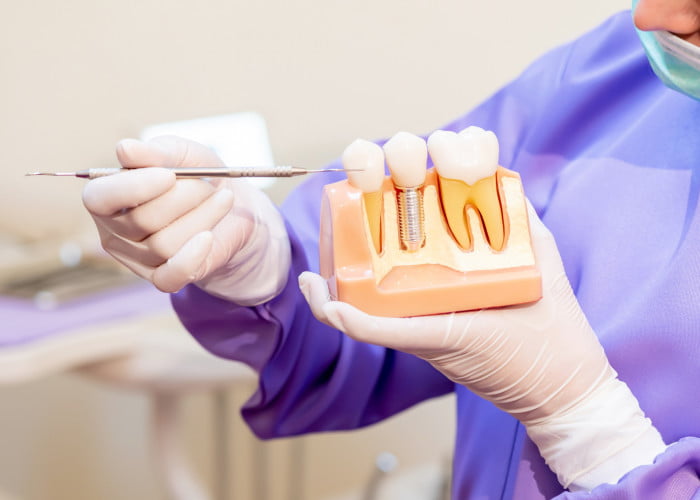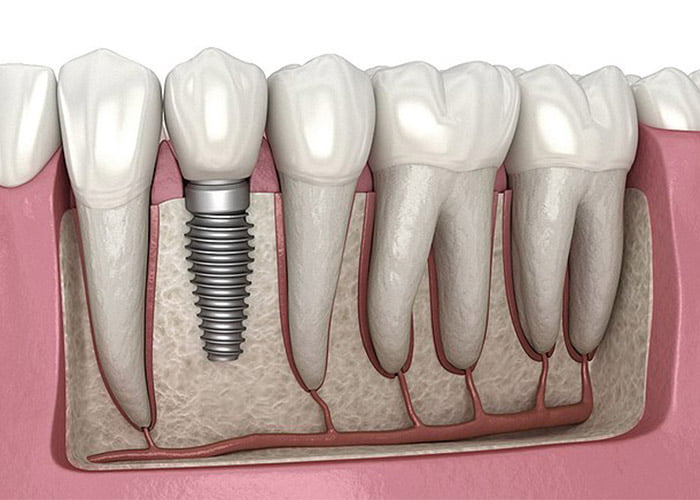How long do dental implant last? Discover what dental professionals have to say about the lifespan of dental implants. Our expert insights cover everything from implant maintenance to factors that can affect their longevity, providing you with valuable information to help you make informed decisions about your oral health.
How long do teeth implants last?
Dental implants are designed to be a long-lasting solution for missing teeth. On average, dental implants can last anywhere from 10 to 20 years or more with proper care and maintenance. However, the lifespan of dental implants can vary depending on factors such as the patient’s oral hygiene habits, overall health, and the quality of the implant placement and restoration.
What affects the lifespan of dental implants?
Several factors can influence how long dental implants last. It’s important to be aware of these factors to maximize the lifespan of your implants and ensure their longevity.
Oral health
Dental implants are a popular and effective solution for replacing missing teeth. However, the lifespan of dental implants can be affected by a variety of factors, including oral health. Maintaining good oral hygiene is critical for the long-term success of dental implants. This includes brushing twice a day, flossing daily, and visiting the dentist regularly for cleanings and checkups. Poor oral hygiene can lead to gum disease, which can cause the implant to fail. Additionally, smoking and certain medical conditions such as diabetes can also impact the success of dental implants.
See more: The dental implant healing stages
-

Oral health
Lifestyle choices
Lifestyle choices can also have an impact on the longevity of dental implants. For example, if you participate in high-impact activities or sports, you may have a higher risk of damaging your implants. It is important to wear a jaw guard or other protective equipment when participating in these types of activities. Additionally, unhealthy eating habits like consuming too many sugary or acidic foods and drinks can lead to tooth decay and damage to implants. These lifestyle choices can weaken bone structure. around the implant, making it more susceptible to damage.
-

Lifestyle choices
Injury or damage
Accidental trauma or excessive force applied to dental implants can cause damage and compromise their lifespan. It’s important to protect your implants by wearing a mouthguard during physical activities or sports that carry a risk of dental injury.
-

Injury or damage
Medical conditions
Some medical conditions, such as uncontrolled diabetes or autoimmune disorders, can affect the healing process and increase the risk of implant failure. It’s essential to disclose your complete medical history to your dentist before undergoing dental implant treatment.
-

Medical conditions
Which teeth are replaced
The location of the dental implant can also influence its lifespan. Implants placed in areas of the mouth that undergo more stress during chewing may have a higher risk of wear and tear over time. Additionally, implants used to support a bridge or denture may experience additional strain compared to single-tooth implants.
-

Which teeth are replaced
How to maintain your Dental Implants
Proper maintenance is key to ensuring the longevity of dental implants. By following these guidelines, you can help maximize the lifespan of your dental implants:
- Practice good oral hygiene: Brush your teeth at least twice a day, floss regularly, and use an antibacterial mouthwash. Visit your dentist for professional cleanings and check-ups.
- Avoid harmful habits: Quit smoking or using tobacco products, as they can increase the risk of implant failure and gum disease.
- Protect your implants: If you engage in physical activities or sports that could result in dental trauma, wear a mouthguard to protect your implants.
- Maintain a healthy lifestyle: Adopt a balanced diet and exercise regularly to promote overall oral and systemic health, which can contribute to the longevity of your dental implants.
See more: Factors That Cause A Dental Implant Failure?
Book a consultation
If you’re looking for a reliable dental practice in Marysville, we recommend booking a consultation at Dentist For Life. Our experienced team of dentists is dedicated to providing high-quality dental care and addressing your specific needs, including dental implant consultations.
At Dentist For Life, we understand the importance of personalized treatment and taking the time to assess each patient’s oral health. During your consultation, our skilled dentists will evaluate your dental condition, discuss your concerns, and provide expert advice on dental implant options and their lifespan.
In conclusion
Dental implants are an effective solution for missing teeth, with a high success rate of up to 98%. However, their lifespan can be affected by factors such as oral health, lifestyle choices, and medical conditions. To ensure their longevity, it’s important to invest in your oral health by choosing a reputable dentist and taking care of your implants through good oral hygiene and healthy lifestyle choices. Contact a Dentist in Marysville Ohio to learn more about dental implants and schedule a consultation.



